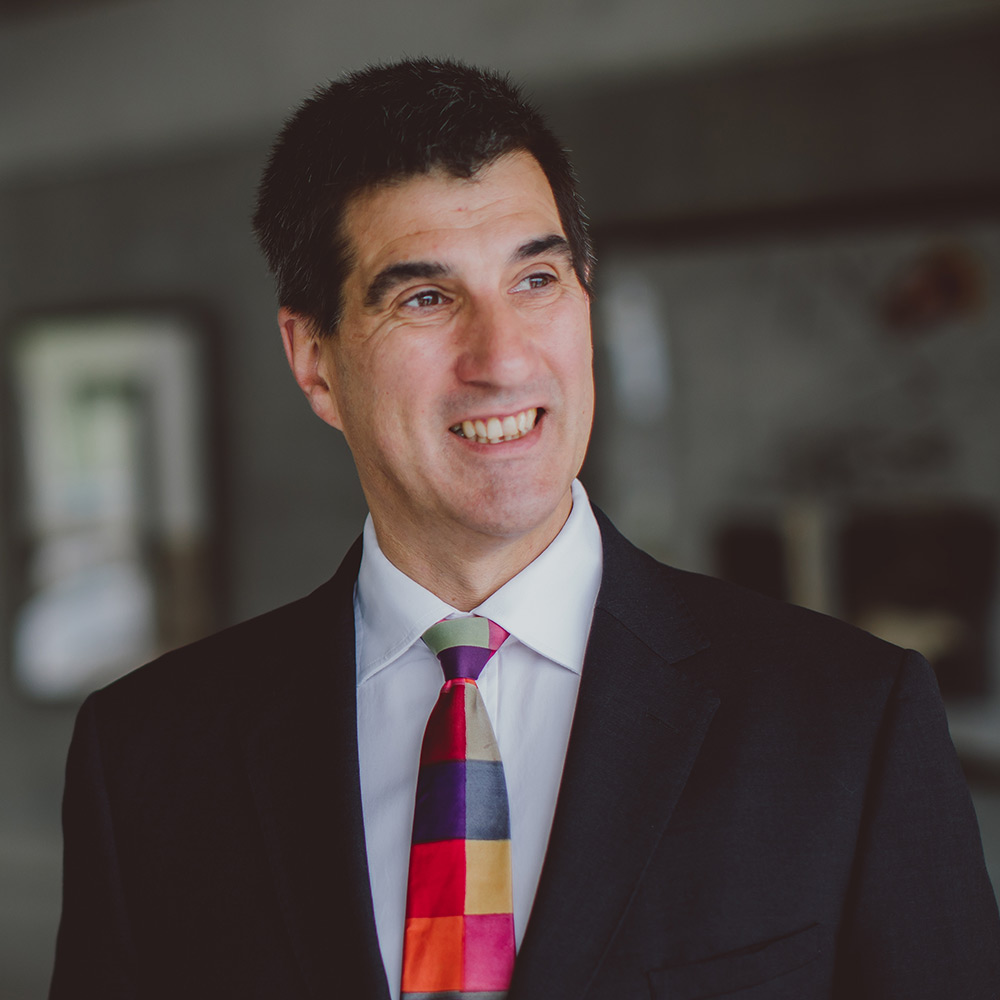VC’s all staff and student email
Against the backdrop of the global protests in response to the murder of George Floyd, on our campuses the University is rightly being challenged to do better in tackling racism. In recent days discussions in our staff forums and networks; engagement with students in our academic departments; and the powerful personal testimony of students, alumni and black officers from our Students’ Union have reinforced how much more there is for the University to do. Following discussion with the Chair of Council, the Vice-Chancellor has set out the University’s response in the message below.
Dear staff and students,
Against the backdrop of the global protests in response to the murder of George Floyd, I want to acknowledge the racism which exists within our University. Students and staff face racism on a daily basis, on our campuses and in our surrounding communities, and are rightly outraged. We can and must tackle this head on, both at a systemic level and in our everyday lives.
Student-led activism has been vital in highlighting racial injustice and the role of the Students’ Union is essential in confronting the challenge.
A start has been made. Work is underway to decolonise the curriculum and ensure we address differences in outcomes across different student groups; ensure our recruitment procedures are fair and inclusive; evaluate the effectiveness of our ‘Report and Support’ system; constantly review our unconscious bias training; and create better dialogue between all our communities and the University. We are also implementing a wide range of actions as we seek Race Equality Charter status. At the same time, we are working with the Students’ Union and local communities to create inclusive environments for our staff and students.
Important actions though these are, they have not proved to be adequate in responding to consistent requests for action from brave students and staff. We have not done enough.
We need to re-double our efforts to identify what more we can and should do. We want to listen, we want to be challenged and we want to be held to account. To this end, I would like to ask you to share your views through:
- email to inclusion@essex.ac.uk;
- an online discussion forum to be launched next week;
- a webinar which we will hold in the next fortnight;
- staff may also want to engage with our existing staff forums.
In addition, the Students’ Union is asking for testimony and feedback from Black students, and, if you feel more comfortable sharing information with the Students’ Union, please email vpactivities@essex.ac.uk. The University can then work with the Students’ Union to ensure we have a comprehensive picture and to identify what needs to be done to tackle racism and systemic barriers to inclusion.
We will respond quickly with reports to Senate on 24 June and Council on 9 July with detailed actions.
I am sorry we have taken too long to recognise that we need to do more. With the help of our community this is what we must now do.
Anthony Forster
Vice-Chancellor
I welcome your comments and feedback – please e-mail me at: vc@essex.ac.uk
